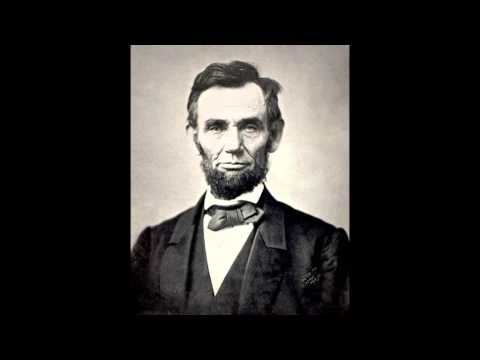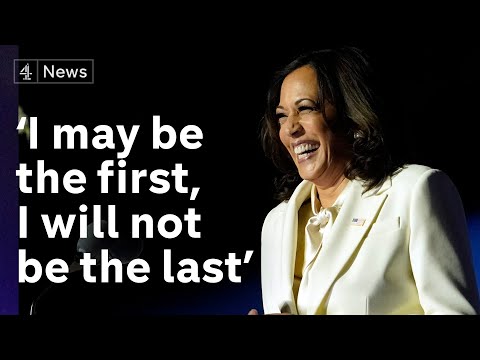On December 5, 2013, the world mourned the loss of Nelson Mandela, South Africa’s first black president and an icon of peace and reconciliation. Mandela, who passed away at the age of 95, left an indelible mark on history by leading his country through a challenging transition from apartheid to democracy.
Born on July 18, 1918, in the small village of Mvezo, Mandela dedicated his life to fighting against racial discrimination and injustice. His early activism led him to become a prominent leader of the African National Congress (ANC), which fought for the rights of South Africa’s black majority.
Mandela’s unwavering dedication to justice cost him his freedom. In 1964, he was sentenced to life imprisonment for his involvement in acts of sabotage against the apartheid government. The world watched as he spent 27 years in prison on Robben Island and other locations, emerging as a beacon of hope for those fighting oppression everywhere.
As the apartheid regime began to crumble under international pressure in the late 1980s and early 1990s, Mandela was released from prison in February 1990. He wasted no time in working towards national reconciliation. Through negotiations with President F.W. de Klerk and other political leaders, he helped pave the way for democratic elections that would change South Africa forever.
In April 1994, South Africa held its first-ever non-racial elections. Millions of citizens lined up patiently for hours to cast their votes. Mandela’s message of unity resonated with people from all backgrounds as they embraced a new era free from racial segregation.
In a historic moment for South Africa and the world, Nelson Mandela was elected as president with an overwhelming majority. His inauguration on May 10, 1994 symbolized a triumph over years of oppression and marked the beginning of a new chapter in the nation’s history.
As president, Mandela focused on undoing the damage caused by apartheid. He established the Truth and Reconciliation Commission, which aimed to provide a platform for victims to seek justice and promote healing. This initiative reflected Mandela’s belief in forgiveness and reconciliation as essential components of building a united nation.
Although Mandela served only one term as president, retiring from politics in 1999, his legacy continued to inspire generations. His commitment to social justice, equality, and peace earned him numerous accolades, including the Nobel Peace Prize in 1993.
After leaving office, Mandela remained an influential figure in South Africa and around the world. He established various foundations dedicated to charitable work focused on education, healthcare, and combating poverty—an extension of his lifelong dedication to uplifting others.
Nelson Mandela’s death deeply impacted people worldwide, with leaders across the globe paying tribute to his remarkable journey. From presidents to ordinary citizens, everyone recognized that they had lost an extraordinary leader who selflessly fought for freedom and equality.
As South Africa mourned its hero, it also celebrated the legacy he left behind. Mandela’s belief in the power of forgiveness continues to guide his nation towards unity today. His journey from prisoner to president serves as a testament to resilience and hope—a reminder that even in the darkest times, positive change is possible.
As we reflect on Nelson Mandela’s life and legacy years after his passing, it is important not only to remember his achievements but also to honor his vision for a better future. His unwavering commitment towards justice serves as an inspiration for leaders worldwide and reminds us of our collective responsibility to fight against oppression wherever it exists.





